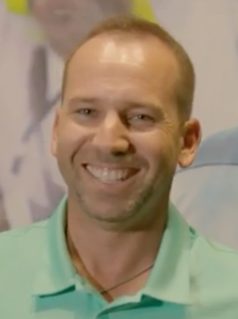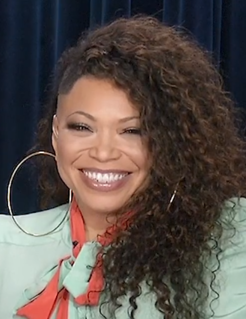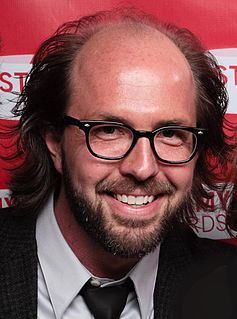A Quote by Kimberly Guilfoyle
Talking about the loss of my parents... that was really, really difficult to go through.
Related Quotes
Loss aversion is a really disproportionate anxiety about stuff that doesn't matter very much. So for instance, if you lose $5, you feel really bad about the $5 you've lost. You're cursing yourself. You're going through it again and again. If, on the other hand, you find $5, you go - hey, great, five bucks. And you've forgotten about it really quickly.
In interviews, on the set, talking to people, I'll just start talking about my parents' divorce, and go on and on. My mom's always like, 'You don't have to be that honest. You have to be more fake.' You see some of these actors, they have a permanent smile on their face. How can they do that? It really fascinates me.
You know, your first album is about really amazing things. Your first album is always about coming of age, first love, first loss, usually you suffer a first loss of someone that you love to death, even, you know, really big life lessons, things you learn from your parents' divorce or from the travels that you took.
With this job, always traveling on the plane and everything, I thought it would be really difficult to quit drinking on my own because you're always in situations where it's acceptable to have drinks. So I decided right after a show that I was going to go into treatment. I Googled a bunch of places, and I found this place that I went to in Cape Town, South Africa, called Stepping Stones. I stayed there for a month. It was really difficult-lots of talking and crying.
I'm talking about the '60s really. People go interview these guys and ask them, "Do you still think music can change the world?" I mean, go talk to Graham Nash about that. What's he going to tell you? Ask David Crosby. These guys are still out there. They're playing their hits at Staples Center and those are really valuable songs. I'm talking about a couple of the guys who got knee-deep into really believing music had a great service beyond radio. I believe it did. And I think a lot of those songs are great.




































